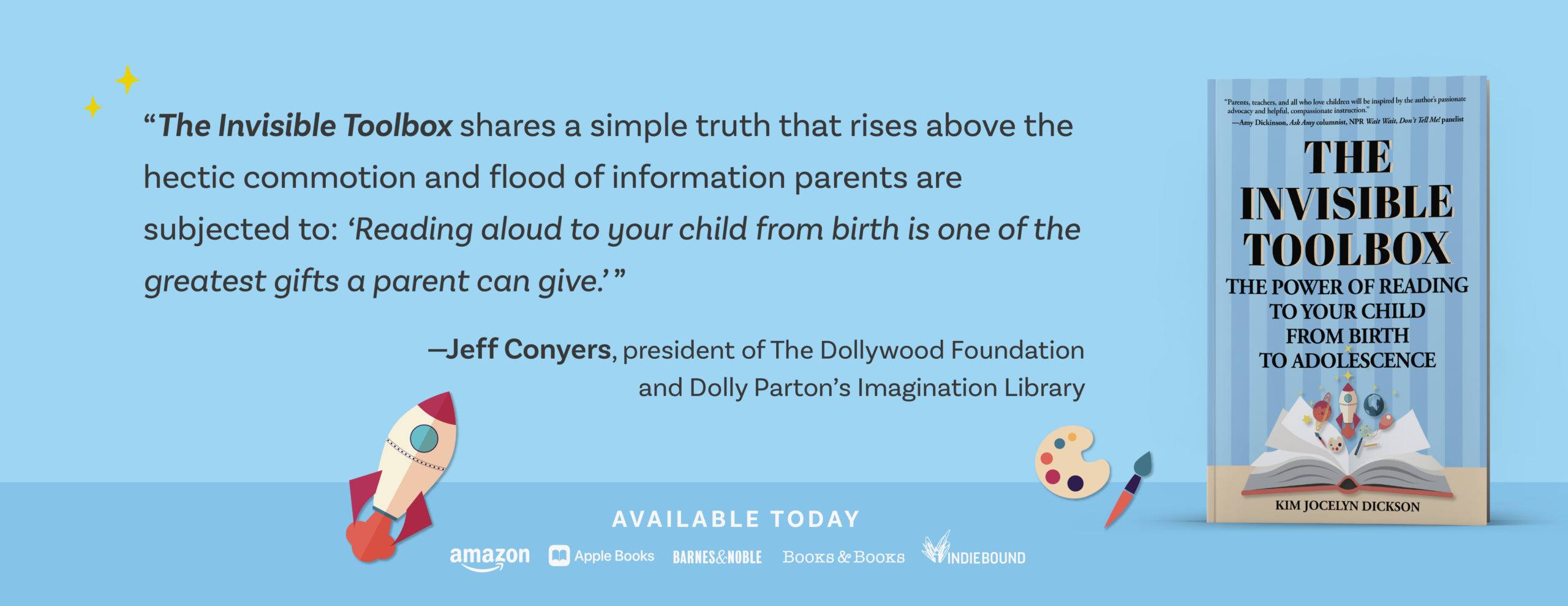 As the chasm between rich and poor continues to grow and the middle class shrinks in the United States, we look to education as the primary tool for rectifying inequity across the socio-economic classes and leveling the economic playing field. Politicians stump for education reform and pass legislation. Head Start. No Child Left Behind. Common Core. Teachers are held responsible for student achievement and often vilified and scapegoated by the media when test scores don’t improve. Cyclically, educational reform swings like a pendulum between the poles of ‘meeting children where they are’ and ‘raising the bar’. The conversation is ongoing and shifts nearly every decade but there is one constant, and that is the absence of discussion about what happens before a child arrives at school.
As the chasm between rich and poor continues to grow and the middle class shrinks in the United States, we look to education as the primary tool for rectifying inequity across the socio-economic classes and leveling the economic playing field. Politicians stump for education reform and pass legislation. Head Start. No Child Left Behind. Common Core. Teachers are held responsible for student achievement and often vilified and scapegoated by the media when test scores don’t improve. Cyclically, educational reform swings like a pendulum between the poles of ‘meeting children where they are’ and ‘raising the bar’. The conversation is ongoing and shifts nearly every decade but there is one constant, and that is the absence of discussion about what happens before a child arrives at school.
New research in brain development validates what some educators and parents have long suspected to be true. The first years of life are critical in the formation and receptivity of the primary predictor of success in school: language skills. The answer to what parents can do to enable their child to have the best possible start in school and in life is simple. Speak and read to your child. Continually. Begin at birth, or even before.
That the essential role of parents in their child’s learning is not in the forefront of our national conversation on education is a glaring omission. One might assume the reason for this void is that it’s politically inexpedient to put it there. Parents might take offense and feel blamed, and the economically strapped who live in survival mode may feel they can’t afford the time and don’t have the money to acquire and read books to their children. While fear of appearing insensitive no doubt contributes to the silence, after thirty years in education I’ve come to believe something even more fundamental is involved.
Many well-intentioned people—from politicians to parents from all walks of life and even some in education—simply do not fully understand the phenomenal and far-reaching impact of spending a few minutes each day reading aloud to their child. Having taught children from a wide variety of economic and educational backgrounds, I’ve observed that this lack of awareness on the part of parents cuts across all socio-economic groups and seems to have accelerated in proportion to the proliferation of technology in our daily lives. While it’s surprising that educational experts have only recently begun to look at the importance of the early years and their impact on learning in a new field called “emerging literacy,” it is also heartening. Research in the fields of psychology, neuroscience, and language acquisition are also demonstrating that infants are far more receptive than we may ever have realized.
For our children’s sake–their future and our own–it is time to put aside our reluctance to consider this phase of children’s lives and look at the facts. As responsible parents we quickly learn what we need to do to care for our baby’s physical health. Regular visits to the pediatrician, proper nutrition and hygiene, bathing, and, eventually, a sleep schedule. We practice all these things so that our children will be healthy and thrive. What we also must understand is that the choices we as parents make during these early years have a tremendous impact on our child’s emotional, intellectual, and spiritual growth as well. Because of its ability to cultivate all of these things, it’s time to bring reading from birth into the conversation.
